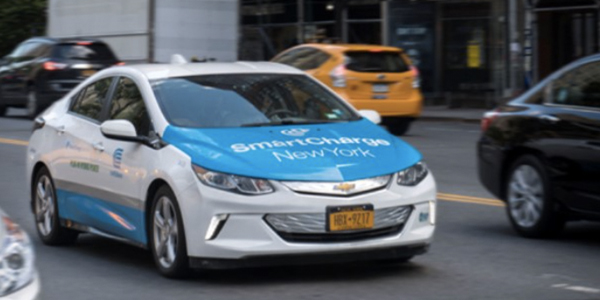Consolidated Edison said Thursday that the COVID-19 pandemic had negatively impacted its first-half earnings by $52 million — a report that came as the utility struggled to restore power to its more than 500,000 customers in and around New York City after Tropical Storm Isaias hit two days earlier.
The negative impact primarily reflects foregone revenues from the suspension of customer late payment charges and certain other fees associated with the pandemic, as well as higher depreciation and amortization expense, offset in part by the Employee Retention Tax Credit under the CARES Act, the company said.
Despite the effects of the pandemic, net income for the first six months of 2020 was $565 million ($1.69/share), only a 2% drop from the $576 million ($1.77/share) in the first half of last year. Con Ed also reported second-quarter net income of $190 million ($0.57/share), compared to $152 million ($0.46/share) during the same period in 2019.
“We are facing today’s unprecedented challenges by providing essential and reliable service during the pandemic,” CEO John McAvoy said in a statement. “We understand the hardship that Tropical Storm Isaias has had on our customers, and we are working around the clock to restore service.”
McAvoy said crews were restoring power to approximately 300,000 Consolidated Edison Company of New York (CECONY) and 225,000 Orange & Rockland Utilities (O&R) electric customers affected and called Isaias “the second-worst storm in our company’s history.”
The company highlighted the New York Public Service Commission’s decision in July to establish a light-duty electric vehicle “make-ready” program, which includes budgets of $290 million and $24 million for CECONY and O&R, respectively, through 2025, for fast-charger stations and other services. (See NYPSC Approves $700 Million for EV Chargers.)





